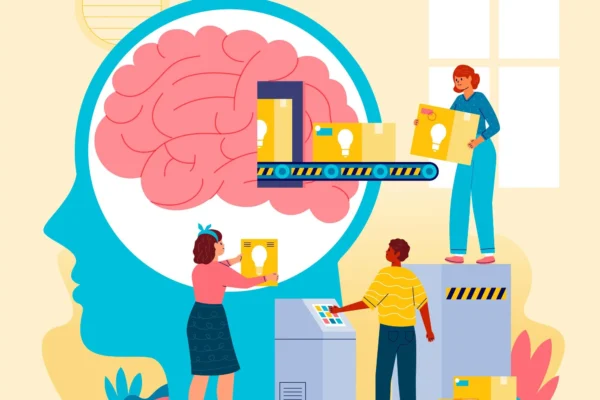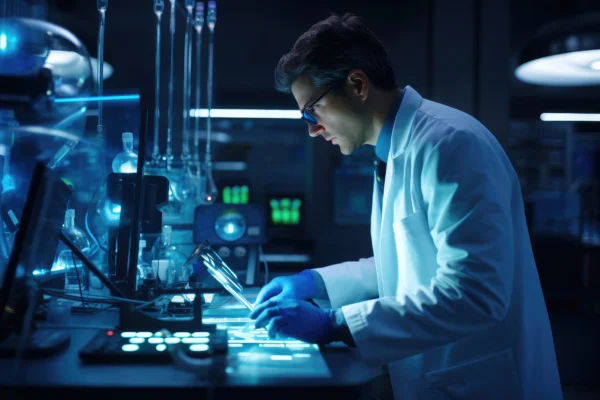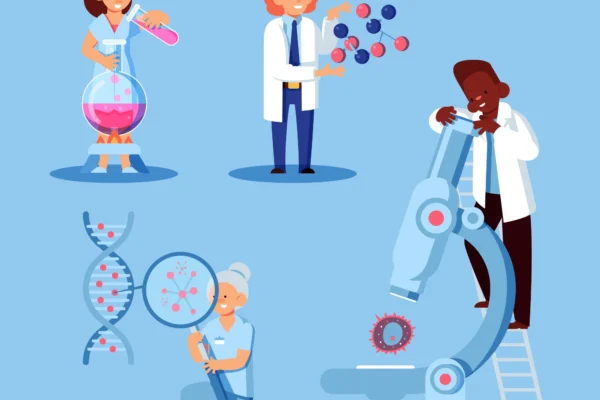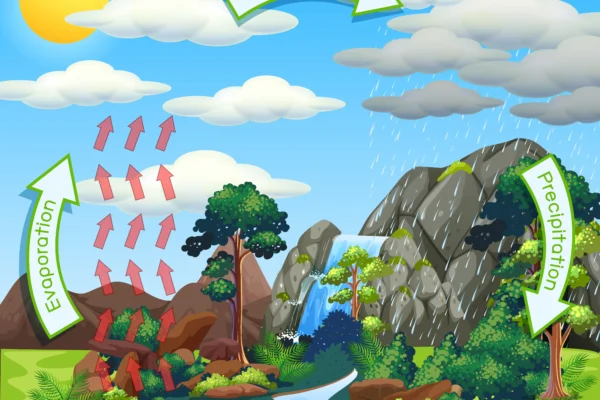
How Many Bones Are There in the Adult Human Body?
The human skeletal system is a remarkable and complex structure that provides support, protection, and mobility to the body. One of the most fundamental aspects of this system is the number of bones it contains. This article explores the number of bones in the adult human body, the development of the skeletal system, the functions…









